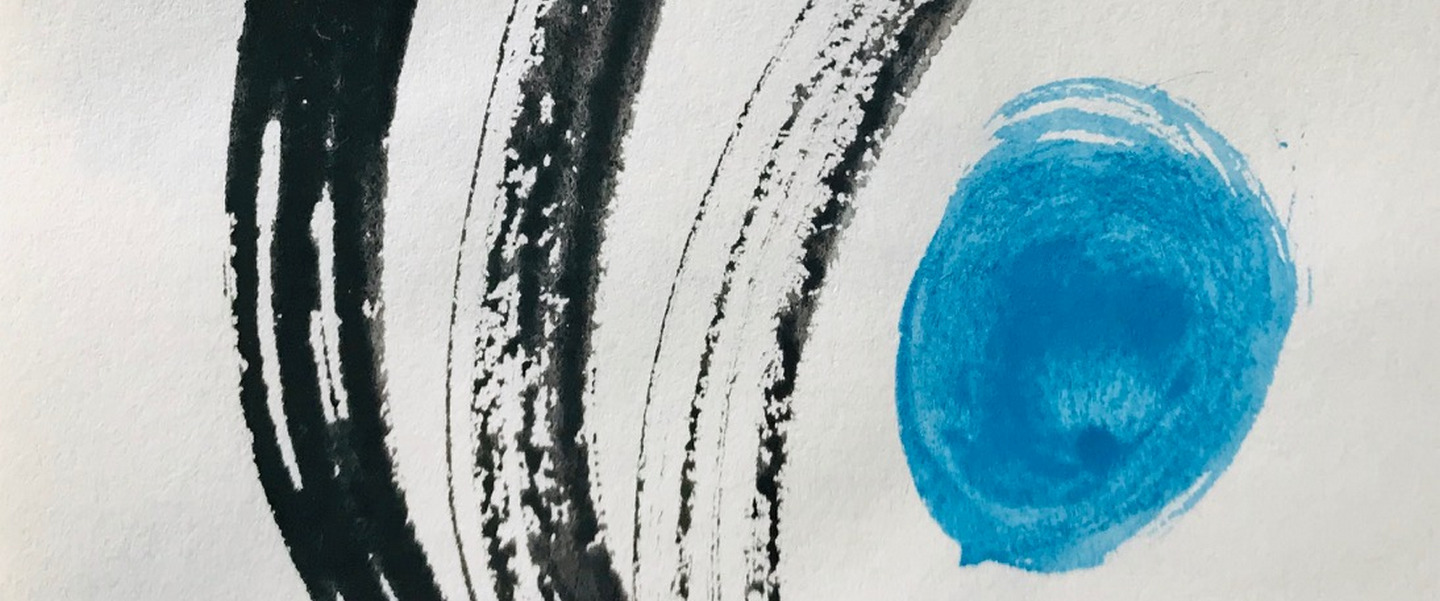From the Pays d’Oc to Ile-de-France in Pays d’Oil, from the Tarn to the Seine, from earth to stone, from small village to megalopolis. Rabastens-Paris as the crows fly is much more than a kilometer; it is more than one hundred kilometers; and, during a pandemic, truth be told, it is neither less nor more, it is simply a spatiotemporal and mental chasm that cannot be reduced to a quantitative measure.
If the birds in question, for their return home after a long confinement, were not able to fly but were reduced to rolling on the asphalt of a highway, then halfway through the trip, they would not rest on a branch but at the picnic table of a service area.
I do not remember where this took place. These highways all look alike. Probably, somewhere between Souterraine and the Val-de-Marne; in short, a non-place where we stopped because our bodies demanded it. Over pâté and bread, we shared the thoughts that were haunting us. Both the trip and the non-place were conducive to the emergence of considerations between four friends.
– It’s up to the doctors to decide. There are rules for this. There are entire committees who meet and decide.
– Why should they be the only ones to decide? It is a social and ethical matter. As members of society, we have a say.
– No, it’s a technical question. If the doctors know the old guy will die or suffer irremediable consequences when the young will assuredly recover….
– In that case, society will have valuable information to make the decision… besides, in that case, truthfully, it’s almost a no-brainer. It should be further specified: the choice is to decide which – young or old – should be connected to the last remaining machine, knowing that the intubated person will recover.
– Even then, the young one. Because the old one has lived his life and will die a few years later regardless.
– You say this because we are young.
– No, my grandfather also says it.
– Then you follow common opinion and official recommendations by public authorities… For me, it’s disgusting to hierarchize the value of human life like that. No one has the right to say that the life of an old person is worth less than that of a young one. We are all equal.
– What to do then?
– I don’t know. Maybe a lottery?
– But how can you trust such choice to the hands of fate?
Back in Paris, facing of all these masked faces that look even more anonymous than usual, facing myself wearing a mask for the first time (because in Rabastens I did not feel the need to), facing the anxiety or temerity I saw in the eyes of passers-by, facing the most destitute, to whom I begin to distribute meals once a week as a volunteer with a nonprofit, things become a little bit clearer for me.
If we got to this point, where public authorities ask hospitals to choose between young and old, it is because these authorities and those to whom they report are guilty of a crime. We should not have gotten to that point. And yet, this is where decades of declining public services and privatization of common goods to the benefit of the market have led us.
Political choices and social rollbacks have been justified, obfuscated by a kind of technological jargon, a kind of discourse of necessity, a kind of modern and secular God with a falsely scientific presentation, whose cracks and bankruptcy have been laid bare by the historical event that is the pandemic.
Had this modern politics been “from top to bottom a biopolitics, whose ultimate stake would have been biological life as such,” then, probably, public hospitals would not have been so degraded in recent years, the national strategy against epidemics would not have been sacrificed on the altar of budgetary austerity and globalization and we would not have been exposed to this doxa which pleads for the life of the young against the life of the old.
The economistic logic of profit and productivism to which our lives have been subjected under capitalism seems to be hiding behind this doxa: the young are considered to be strong, and likely to give their lives to the market, as long they live, the old are considered weak, skin worn out, the market doesn’t know what to do with them, they are a “cost.”
The pandemic has not only revealed the chimerical nature of the commercial and financial value of goods, allowing us to rediscover their use value and social value, such that we have redefined as “essential” and “vital” some of the most devalued and underpaid jobs. It has also revealed the social Darwinism lodging at the heart of a parasitic capitalism, which has always presented itself as the guarantor of life, peace, and financial stability.
The technique that brought us to the edge of the abyss is thus still present. Sure, it quickly offered a mea culpa and temporarily renounced its most striking dogmas like budgetary austerity and the prohibition against direct economic intervention from the state, but it did so to save itself. It seems to be coming back stronger than before, imposing restrictions on our freedom, accelerating the destruction of labor laws and transforming, more and more, our lives into “tele-lives,” opening the nightmarish prospect of a complete reification of man whose technological prostheses would further alienate us from the world.
Yet, the cracks are wide open. We must seize the moment. Through action and collective speech, we must prevent them from being closed up and once again erected like unpassable mountains. We must open them, open them again and again, such that from them, from our acts, and from or words a new world might be born.


